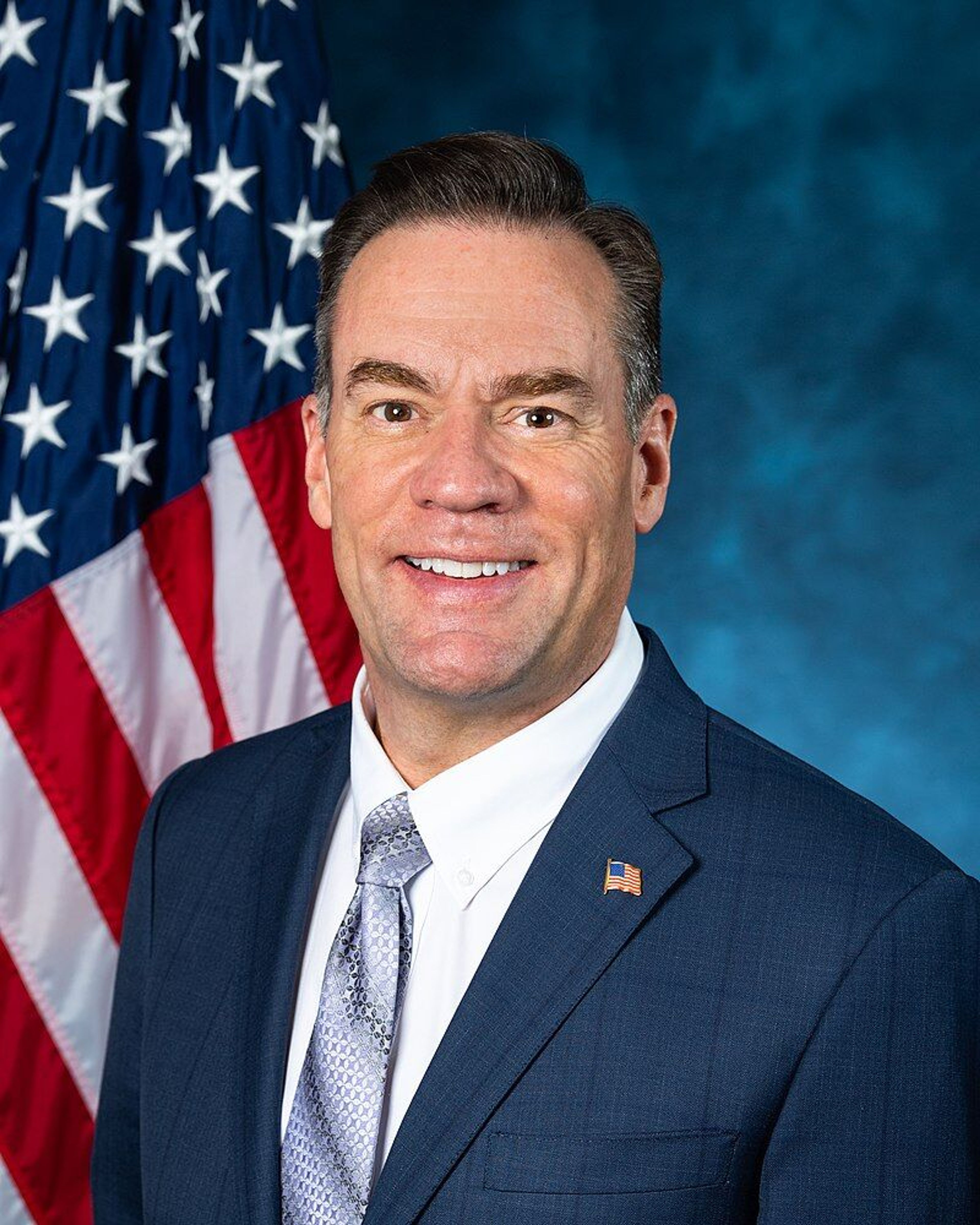Agreement gives shape to tribal anti-dam case
Confidential document on a settlement between Biden team and four tribes released by group opposing the breaching of Snake River dams
A draft settlement agreement between the Biden administration and the Nez Perce and other lower Columbia River tribes leaves Snake River dams in place but supports actions that make future breaching more plausible.
The 34-page confidential document was released Wednesday by four Republican members of Congress — Russ Fulcher of Idaho, Cathy McMorris Rodgers and Dan Newhouse of Washington and Cliff Bentz of Oregon — who opposed removing the dams.
According to its terms, the federal government would help the Nez Perce, Yakama, Warm Springs and Umatilla tribes establish the Pacific Northwest Tribal Energy Program with the aim of bringing enough renewable electricity online to replace power generated at the lower Snake River dams. The government would offer financial and technical assistance in the development of the new resources.
In addition, the Army Corps of Engineers and other federal agencies would analyze ways to replace the transportation, recreation and water supply benefits of the dams. The government commits to reintroducing salmon to the upper Columbia River upstream of Grand Coulee Dam and working to restore salmon in the mid-Columbia River. It commits the Bonneville Power Administration (BPA) to spend $200 million to maintain and modernize aging fish hatcheries and $100 million to fund salmon and steelhead restoration activities throughout the basin. It also suggests reforming the way BPA’s fish and wildlife mitigation program is managed.
It dubs the four tribes plus the states of Washington and Oregon the six sovereigns and gives them authority to work with the federal government to establish or influence restoration programs in the basin, including operation protocols at the dams designed to help migrating fish.
The leaked document does not include an estimate of the total cost of various commitments.
All four tribes have treaties with the federal government that guarantee their right to fish for salmon in the Columbia River Basin and are involved in a lawsuit challenging the government’s operation of the Columbia River Hydropower system and its effect on wild salmon and steelhead runs, many of which are protected by the Endangered Species Act. The lawsuit has been paused for more than two years while the plaintiffs and federal government participated in mediated talks.
The Nez Perce along with a coalition of fishing and conservation groups have long supported breaching the four lower Snake River dams as the best way to recover Snake River salmon and steelhead. It’s a position the Biden administration, while not endorsing, has moved toward.
Last year, the National Oceanic and Atmospheric Administration released a report saying the dams must be breached if the fish are to be restored to healthy and harvestable levels. The proposed settlement cites that report and its determination that dams on the Snake and Columbia Rivers are the primary “limiting factor” in the recovery of four runs of fish that return to the Snake River as well as six other Columbia River salmon stocks.
In a letter to President Biden that accompanied the release of the document, the members of congress asked several pointed questions including, if the government intends to pursue dam breaching after replacement power sources are established, what science is it using to determine dam breaching is necessary to recover the fish and if the reliability of the power system will be accounted for?
“It is imperative that our constituents, whose livelihoods depend on the Columbia River System, have a comprehensive understanding of this document’s contents so they can anticipate and prepare for the wide-ranging impacts that will inevitably be felt across the region should the commitments detailed in this document be realized,” they wrote in their letter to the president.
Critics of the agreement call it a road map that will lead to breaching the Snake River dams. Kurt Miller, executive director of the Northwest River Partners, fears the agreement will also lead to higher prices for BPA customers because it doesn’t include a cost cap for the agency and he believes it could spawn calls to spill more water at the dams to help migrating fish. The group is a defendant intervenor in the case. Miller said the plaintiffs don’t give up anything, according to the terms of the agreement, and are able to walk away from it at any time.
“It’s absolutely a road map for dam breaching but I believe this is much bigger than those four dams,” he said. “It really is about the future of the federal Columbia River Hydropower System and who has influence over how the decisions are made.”
Shannon Wheeler, chairperson of the Nez Perce Tribe, said he is bound by a confidentiality order and is not able to comment even though the document has been leaked.
Joseph Bogaard, executive director of the Save Our Wild Salmon Coalition, said he has not read the document but believes the region needs to embrace a comprehensive salmon recovery solution and is urging the public and members of congress to work toward one.
“This is an opportunity. The leadership and resources of the federal government is a necessity,” he said. “ (Reps.) Cathy McMorris Rodgers and Dan Newhouse and others should seize it and make it the best they can for their communities and for all Pacific Northwest communities.”
Save Our Wild Salmon is not party to the lawsuit but some of its members are.
The agreement is scheduled to be ratified by the tribes and the federal government by Dec. 15. If the agreement falls apart, the lawsuit would resume.
Barker may be contacted at ebarker@lmtribune.com or at (208) 848-2273. Follow him on Twitter @ezebarker.





